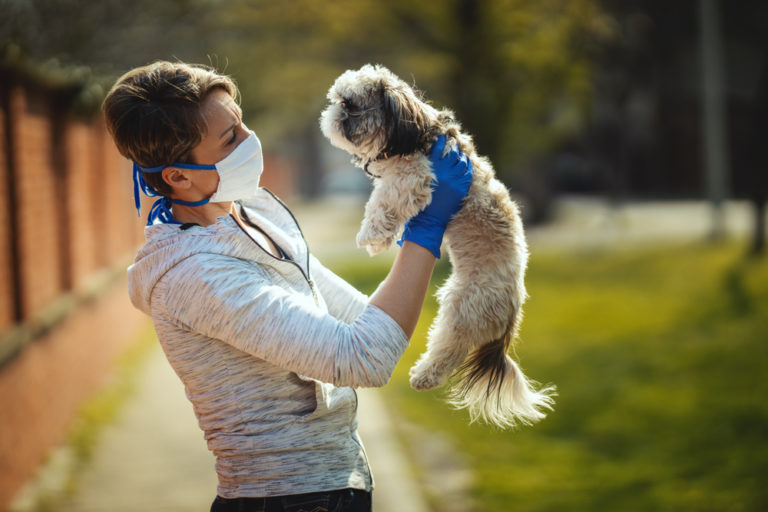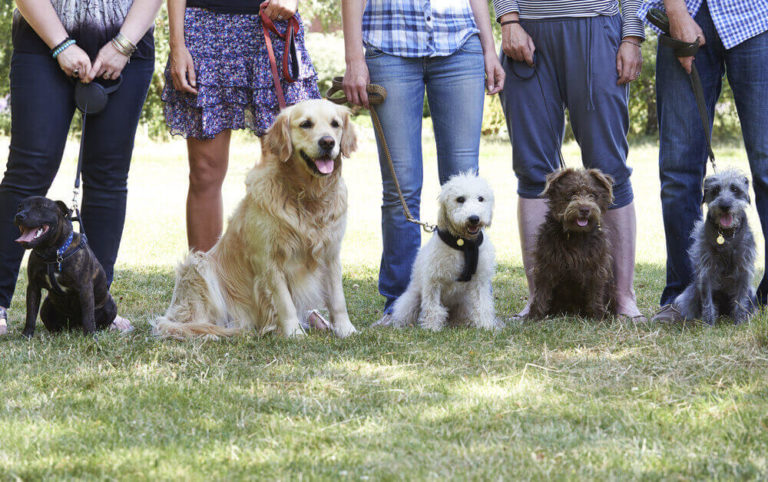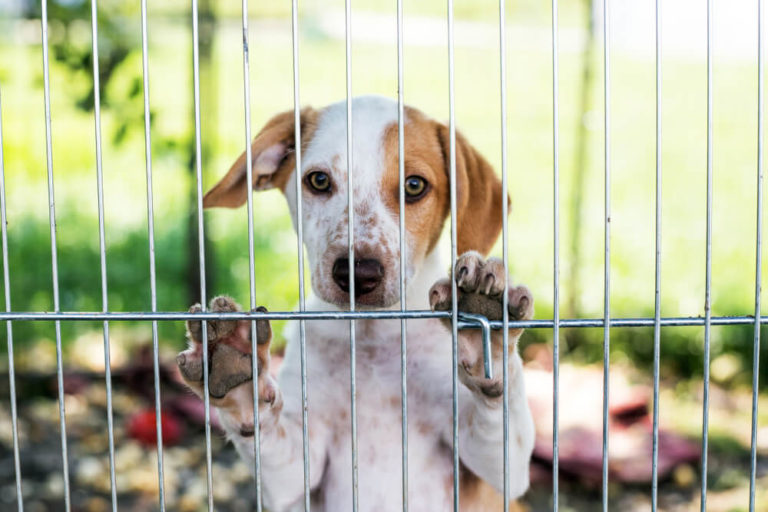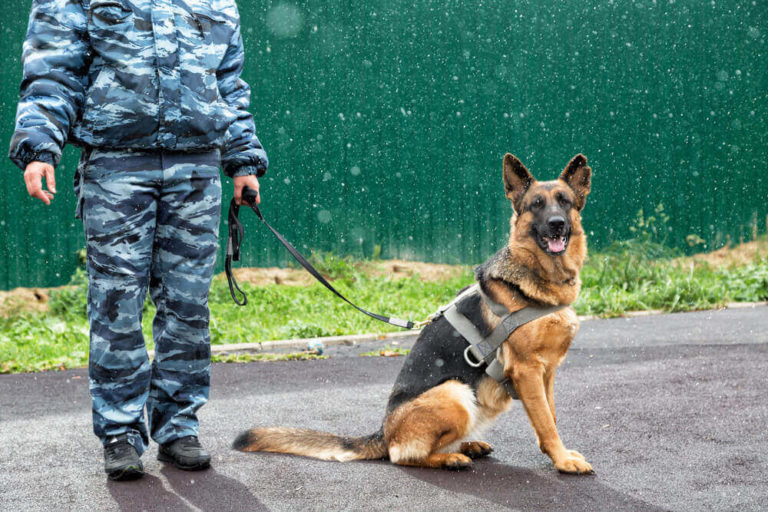If you are wondering how to get into an animal care apprenticeship, look no further! The industry of animal care is growing. There is a wide variety of field where you can get an apprenticeship.
Are you interested in animal behaviour & psychology? Do you want to take care of some sweet and fuzzy animals? There are various ways to put your skills to use. There are many exciting opportunities available. For instance, you could serve as a kennel or cattery trainer. You can become a fundraising manager for an animal welfare organisation. Becoming a zookeeper or becoming a veterinarian are also viable options. Veterinarian and veterinary nurse ensure animals receive the best treatment. There are also several indirect positions available in animal-related organisations. For instance, publicity, promotional, and public education work.
Veterinary Nurse

Non-farm animals are cared for by veterinary assistants. Veterinary assistants work in labs, animal hospitals, and clinics. They provide routine treatment for animals under the supervision of veterinarians. Besides, they can work under the supervision of animal scientists or veterinary technologists.
Learn more about our course, Pawsistant: Ultimate Veterinary Assistant Guide.
As a veterinary nurse, you can also work in animal charities or zoos. Providing emergency and specialised healthcare designed for animals will be your primary responsibility.
You can never predict which animals will come through the door or what kind of treatment they’ll need. Hence, a day in your life as a Veterinary Nurse will be full of variety. You might be caring for a variety of our fuzzy friends. It could be a sick Corgi that ate anything they shouldn’t. You could also need to treat a stranded, wounded bird on the side of the road.
Veterinary nurses monitor animals and ensure they are as relaxed as possible. They administer medications such as vaccinations and tablets to the animals. Furthermore, you have to groom and walk animals as required.
You will also have to clean and disinfect cages and kennels. Always keep the examination and operating rooms sanitised. On occasions, you have to help veterinarians with surgery and other procedure. As a veterinary assistant, you will work in clinics and animal hospitals. Working in laboratories or research facilities are also well-paid options.
Your work may be physically or emotionally taxing. You may witness animal cruelty. Sometimes, you may have to assist in the euthanasia of sick, wounded, or unwanted animals. In the United Kingdom, the average annual wage for a veterinary assistant is £17,688.
Need a jump start to your career as a veterinarian assistant? Check out this Level-3 Diploma Course. It is designed to equip you with proper training to understand animal behaviour.
ZooKeeper
Are you the wildest one among your group of friends? A job as a zookeeper might be the right one for you then!
As a Zookeeper, you will be in charge of looking after animals’ care in public areas. For instance, zoos, safari or wildlife parks, aquariums, and other animal attractions. From lions and tigers to dolphins and penguins, these creatures could be everything. You will have to provide animals with a healthy environment. The environment needs to be stimulating to closely resemble how they live in the wild. Zookeepers often keep an eye out for signs of sickness, injury, or pregnancy. You need to feed and prescribe medicine regularly if possible. You will additionally be required to maintain records and promote knowledge of conservation in the community.
There are no minimum requirements to being a zookeeper. After getting your high school diploma, you could gain hands-on experience. You can do an apprenticeship for 6-12 months. Besides, you can ask to volunteer at the nearest zoo for a few months to get the hang of it. Some employers might require you to have GCSE or A-levels with subjects like Maths & English being a must. The average annual salary is around £14,000 if you’re starting out fresh. However, managerial roles could get you as high as £25,000 a year on average.
RSPCA Inspector

Are you an anti-animal cruelty activist and would like to make a difference? Then becoming a RSPCA officer might be the right path for you!
RSPCA Inspectors are on the front lines of animal cruelty prevention. They transform animals’ lives and educate the people who care about them. You may be saving a dog from filthy living conditions or supporting a horse trapped in a wire fence.
This job can be very satisfying. Because you actively contribute to an animal’s wellbeing every day. However, it can also be physically and emotionally demanding. You may be required to lift heavy equipment and animals on occasion. Besides, you may be required to work near water. So, you must be a good swimmer and reasonably fit.
You can also face aggressive, hostile, or emotionally distressing situations. So, be ready to deal with anything that comes your way! As an apprentice or trainee RSPCA inspector, you are looking at an annual average salary of £19,000. However, it can go as high as £28,000 to £30,000. The more you learn and more experienced you become, the higher you earn.
There are no prior requirements to become an RSPCA inspector. However, specific certifications or accreditations in your resume might get your employer’s interest peaked. Check out this interactive online Animal Care course with CPD qualification. You can learn all about animals’ nutritional needs and interpret their behavioural pattern. The course will also go into the depth of knowledge about how to treat exotic animals. For instance, reptiles, chimpanzee and elephants. Furthermore, you will get training on the physical care of aquatic life.
Wildlife Conservation Officer

Do you enjoy being outside? Do you want to preserve beautiful natural areas through public awareness, conservation work, and scientific monitoring? Then, you should consider becoming a Nature Conservation Officer. They usually work for local governments, wildlife trusts, or government agencies. Their fundamental duty is to help wildlife thrive through various approaches. Their duties include monitoring biodiversity and community conservation awareness. Besides, they are responsible for the preparation of conservation plans and reports.
There are various career options to explore in wildlife conservation. You can take the route of a conventional four-year degree in a subject related to wildlife. For instance, biological sciences, environmental science, etc. Besides, you can become an apprentice at a charity sanctuary. You can work as a trainee apprentice in any state-owned wildlife centres.
As an apprentice, you will receive practical instructions in natural history and diets. You will learn enclosure configurations and care procedures of many of the most common native species. For instance, small mammals, songbirds, fawns, waterfowl, and turtles. As your knowledge and observational skills expand, you will care for more critical and vulnerable animals. Additionally, you have to provide first aid treatment to injured animals until the veterinarian can assess them.
The starting salary range is around £18,000 to £24,000 for a wildlife conservation officer. However, a few years of work experience could earn you a managerial position. A managerial position could earn you a salary package of £30,000 and above.
Dog Groomer
Ever imagined yourself working with four-legged friends? Then, dog grooming is an excellent career choice for you. Dog grooming can be a rewarding and varied occupation. However, it can also be physically demanding. Because you’ll be dealing with dogs of all sizes, coat styles, and temperaments. Remember, not all dogs love being washed and fluffed. So, you have to be cautious and be gentle with our fuzzy friends.
Are you looking for a new challenge? Groomers for dogs are similar to hairdressers or beauty therapists for humans. You will use a full range of grooming services for dogs. For instance, washing, drying, shaving, and trimming. You will be clipping nails, as well as clean their ear and teeth.
Furthermore, you have to make them look their best and smell amazing. While grooming a dog, you will generally meet the breed’s grooming requirements. Besides, you can groom the dog based on the owner’s preference for a particular look or style.
Being a dog groomer, you can work as a team in a salon. Besides, you can provide self-employed services to the pet owners at home. If you like being a lone wolf, then play solo! There are plenty of salons that will take on apprentices. So, you don’t need any specific qualifications to start grooming dogs.
However, taking a Level 3 animal care & management course will teach you all the basics you need. You can give any dog a perfect look with the utmost respect after completing the course. It can be beneficial to learn a few different skills before applying for your first job. It will improve your morale as well.
Your average annual salary as a dog groomer will be between £16,000 to £20,000. However, the number may vary if you decide to be self-employed.


![]() 20 minutes
20 minutes









































